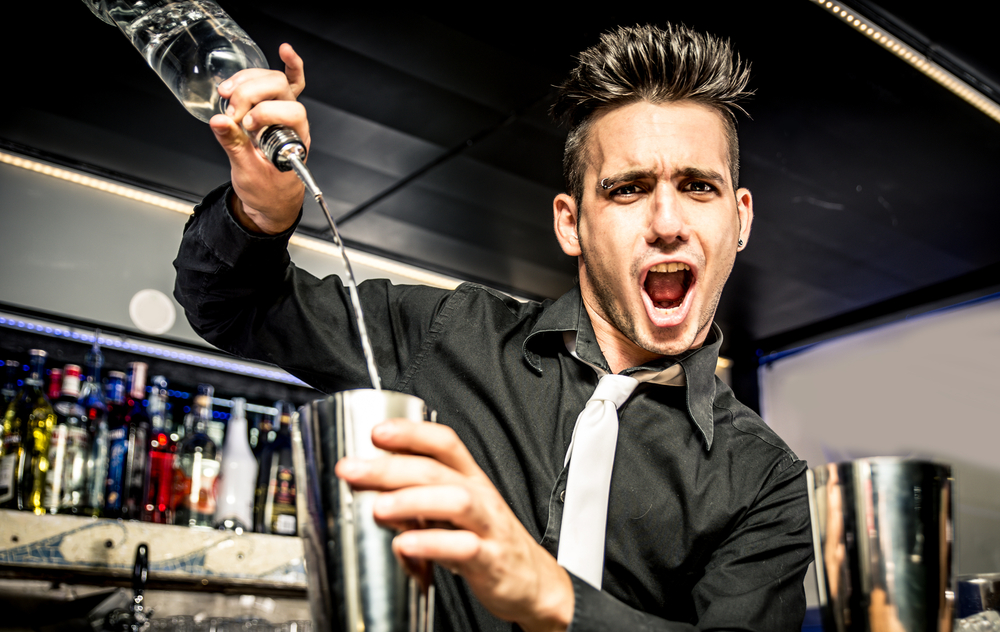When you own or manage a hospitality business, restaurant, bar, catering outfit, etc., you run into extra legislation, regulation, and restrictions. Florida liquor laws, for example, dictate how to operate when you serve alcohol, and you need to know how to protect yourself both from the long arm the law and any liabilities that could arise.
Use these tips and insights to set up your restaurant or hospitality business properly. But, please remember that you must be quite careful about how you oversee this segment of your business—even though selling alcoholic beverages can be massively profitable.
What Are Alcohol Sales Hours in Florida?
You can learn quite a bit about alcohol sales in Florida here. For your reference, if your county or municipality doesn’t publish alcohol sales hours, Florida law states that alcohol sales may take place any time between 7 a.m. and midnight. These operating hours, then, exclude late-night and early-morning sales.
Local laws can dramatically alter this rule, however. For example, there was a time when you could buy alcohol 24 hours a day, seven days a week in Miami. That rule has since changed for a variety of reasons.
What Kind of License Do You Need to Sell Alcohol?
In Florida, you can carry one of several liquor licenses. Clubs, lodges, performing arts venues, golf clubs, caterers, race tracks, etc. may obtain a license specific to their operation. Liquor stores carry their own licenses for package sales, or you may choose a license that allows the sale of beer and wine only. Food service, culinary education programs, hotels, motels, horse breeders, bowling alleys, airports, civic centers, and many other business types are also eligible.
This raises the question, “do restaurants need a special alcohol license?”
Yes. Restaurants and bars must obtain a liquor license for “consumption on the premises”—which is why patrons aren’t allowed to take those beverages off the property after they’re opened or mixed.
Remember, though, that state law dictates how many liquor licenses are active in each county at any one time. You can’t simply register and get a license whenever you want.
How to Obtain a Liquor License in Florida
If you want to know how to legally sell mixed alcoholic drinks in Florida, you obtain your license via the liquor license lottery, generally held in the fall. Pay around $100 to enter the lottery, and remember that you must have a clean criminal history to apply.
When you win a spot through the lottery, liquor laws in Florida require that you pay an initial fee to obtain the license from the Department of Business Professional Regulation, and you will pay around $2000 annually to sell alcoholic beverages under that license.
Obtaining Liquor Liability Insurance in Florida
Now that you know how late you can buy alcohol in Florida and how to obtain a license, you need to understand how to get liquor liability insurance. Remember, however, that liquor insurance for events, liquor store insurance, bartender liability insurance, etc. are all different policies.
What is liquor liability insurance, anyways?
When you purchase a Florida liability insurance policy specific to alcohol, you are protecting your business from claims that:
- Your alcohol service contributed to injuries or deaths
- Your establishment was selling outside of permitted hours
- Your establishment sold to minors or the obviously impaired
What is host liquor liability? It’s that first bullet point above, noting that outside parties can claim your establishment somehow contributed to their pain and suffering. For example, you serve someone who gets a little tipsy at the bar, they drive drunk, cause an accident and injure or kill someone. Your establishment may face a “host liability” claim because you served the alcohol.
These—and many other exposures—require the appropriate insurance coverage.
Contact HomePort Insurance for Assistance With Hospitality and Restaurant Insurance
Contact HomePort Insurance when you need help with your hospitality and restaurant insurance, a liquor liability policy, and much more. Our agents can answer questions about the liabilities you face, how to expand your business safely, and what you can do to remain on the right side of Florida’s liquor laws.




